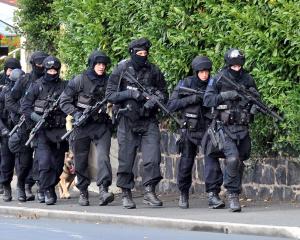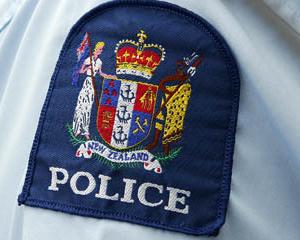Yesterday, the Otago Daily Times reported some non-sworn jobs were likely to be cut as part of a national campaign dubbed "Policing Excellence".
Support staff at Otago and Southland police stations received letters this week advising them of the changes, which has concerned the Dunedin North MP.
"It does seem that this kind of move is either mischievous or stupid ... and it is deeply ironic that this is under the banner of Policing Excellence," he said.
He was concerned by a plan to cut the receptionist role at the Dunedin North station,"effectively closing the station to the public", while Dunedin South would be cut to a part-time role.
Those moves would force public inquiries to the Dunedin Central Police Station, where staff were already dealing with a backlog of cases and had issues with queues and parking spaces, he said.
In addition, the district's headquarters lacked adequate resources to deal with front counter inquiries, and this led to people leaving without filing a complaint, Mr Clark said.
"If reported crime rates drop the most likely reason is because reporting is dropping, not crime is dropping."
Police officers worked hard on behalf of the community, and "I know that privately they are very frustrated with what is being termed efficiencies but what in effect are reductions in the level of services to the public", he said.
Dunedin Clutha area commander, Inspector Greg Sparrow stressed no police stations would be closed as part of the process.
He said in recent years there had been a shift to remote reporting of crime via telephone or internet, while a large percentage of reports to the public counter concerned lost and found property, or people seeking advice.
"Cases are assessed and prioritised and take into account the vulnerability of the victim, the nature, seriousness and immediacy of the offence, what evidence is available, including forensic, and any other leads that may identify the offender.
"If there are no leads then the file is either filed or inactivated pending any further information that may come to light at a later date."
Police welcomed feedback from the public about any concern they had over their service, he said.








